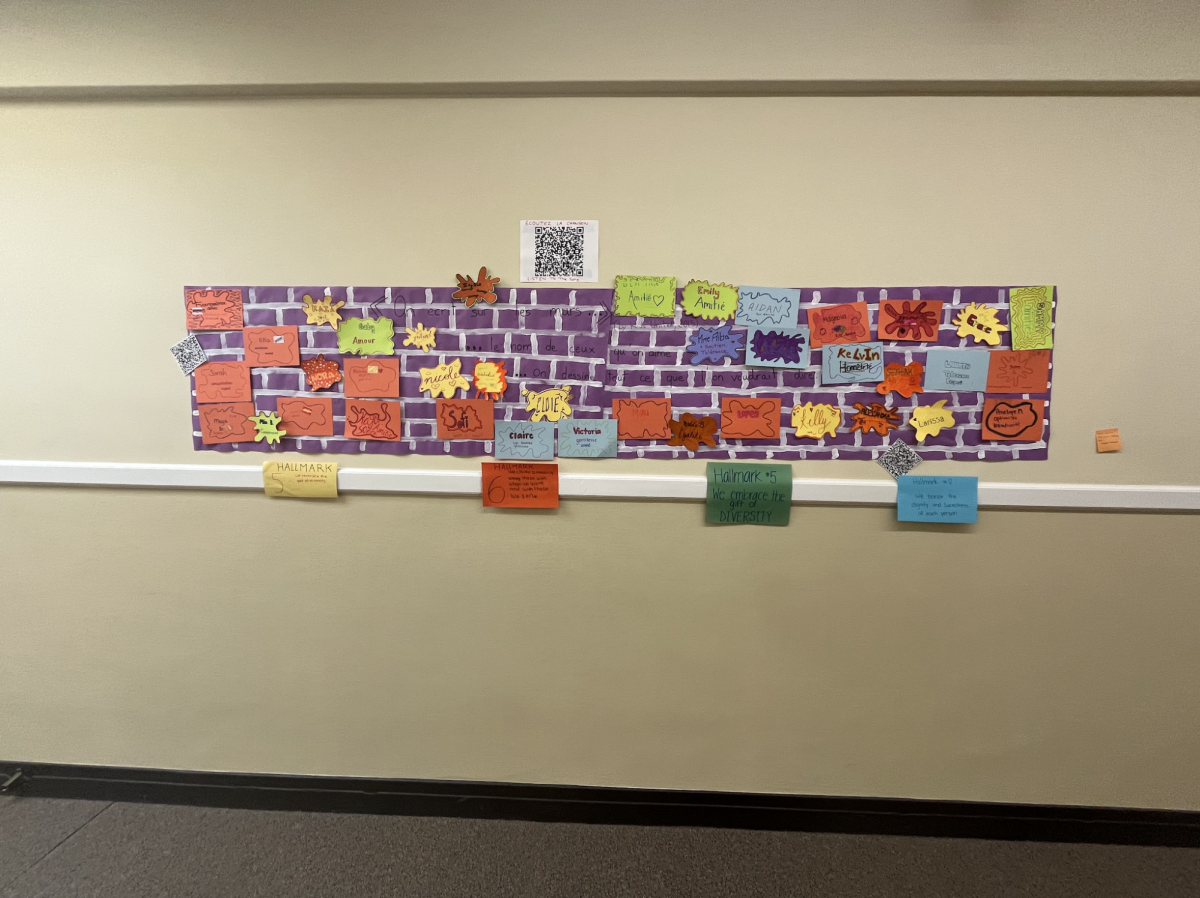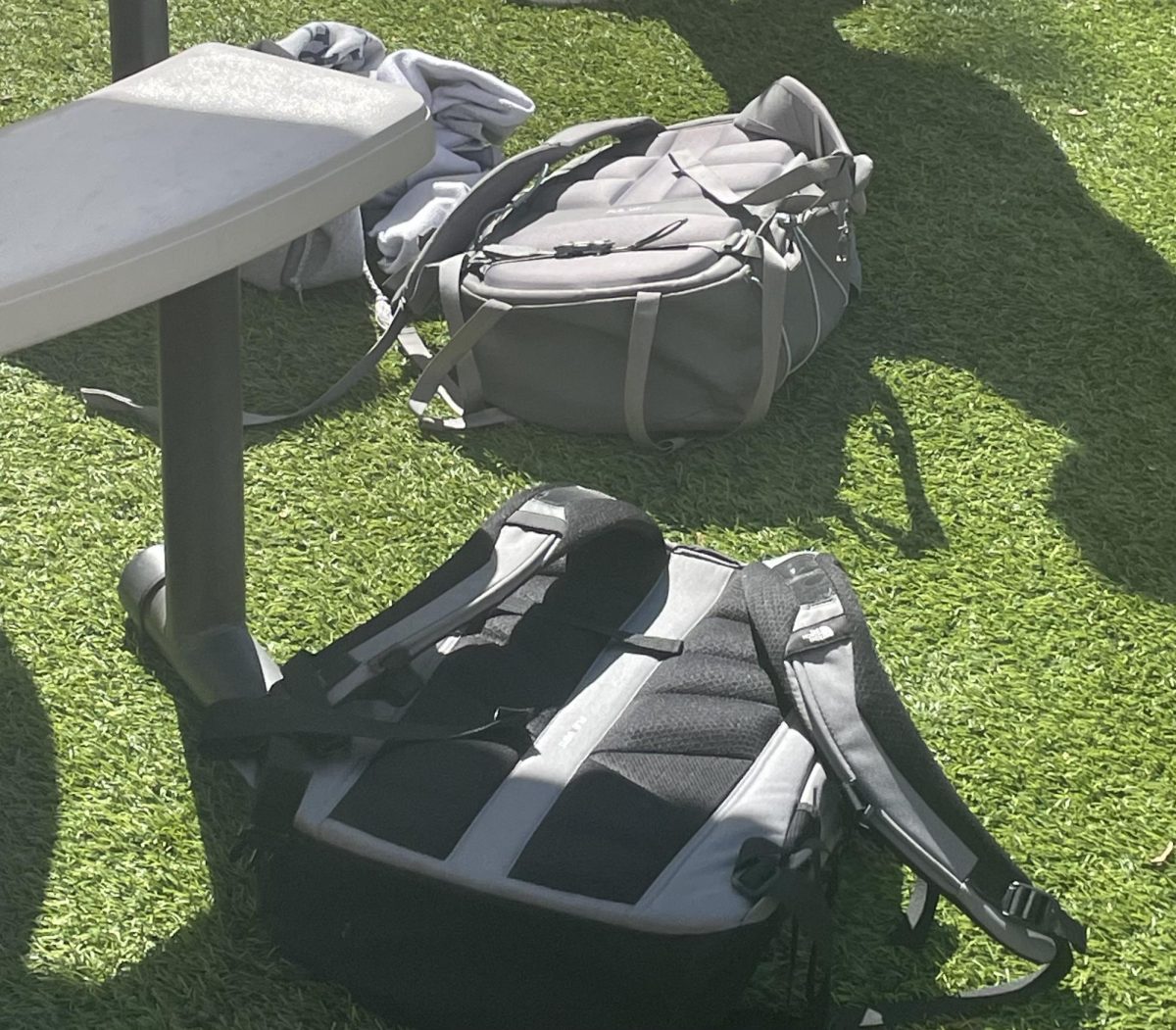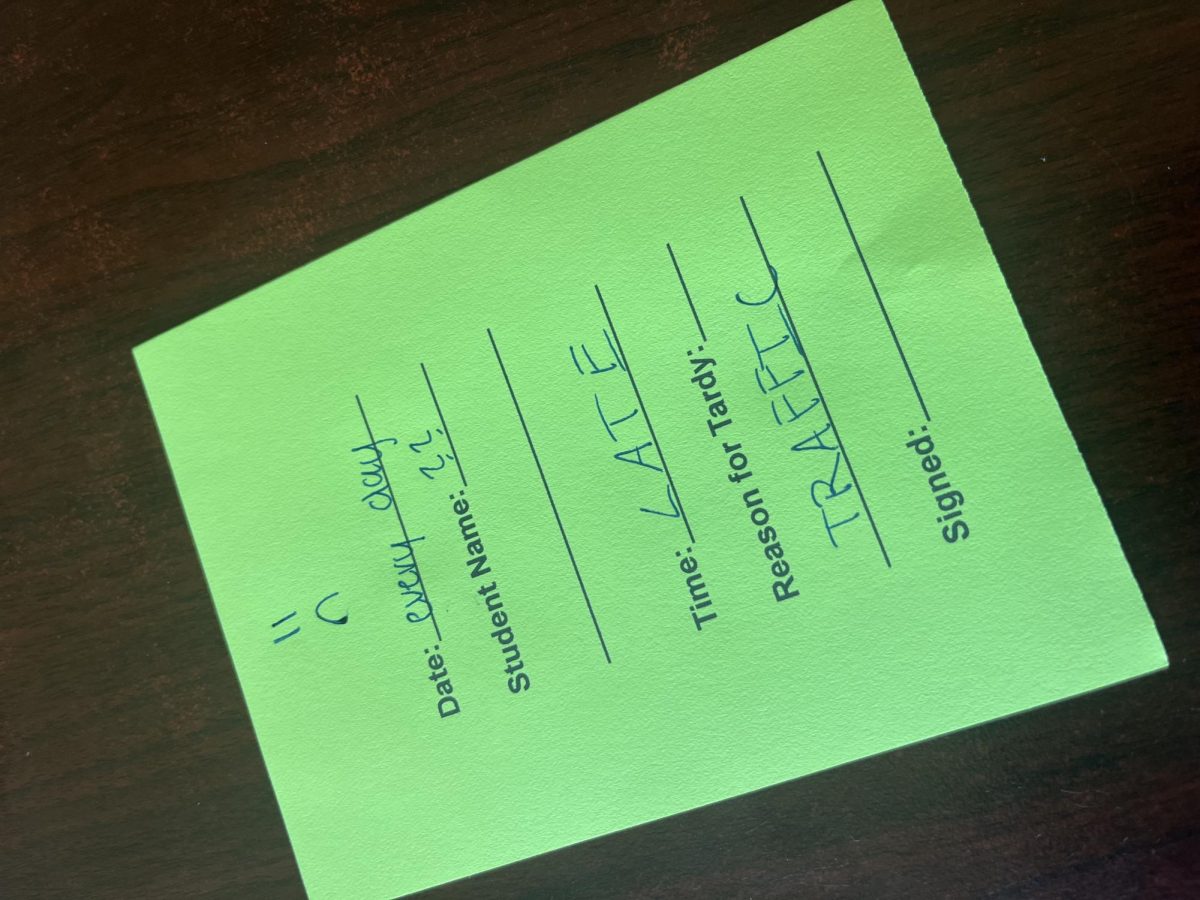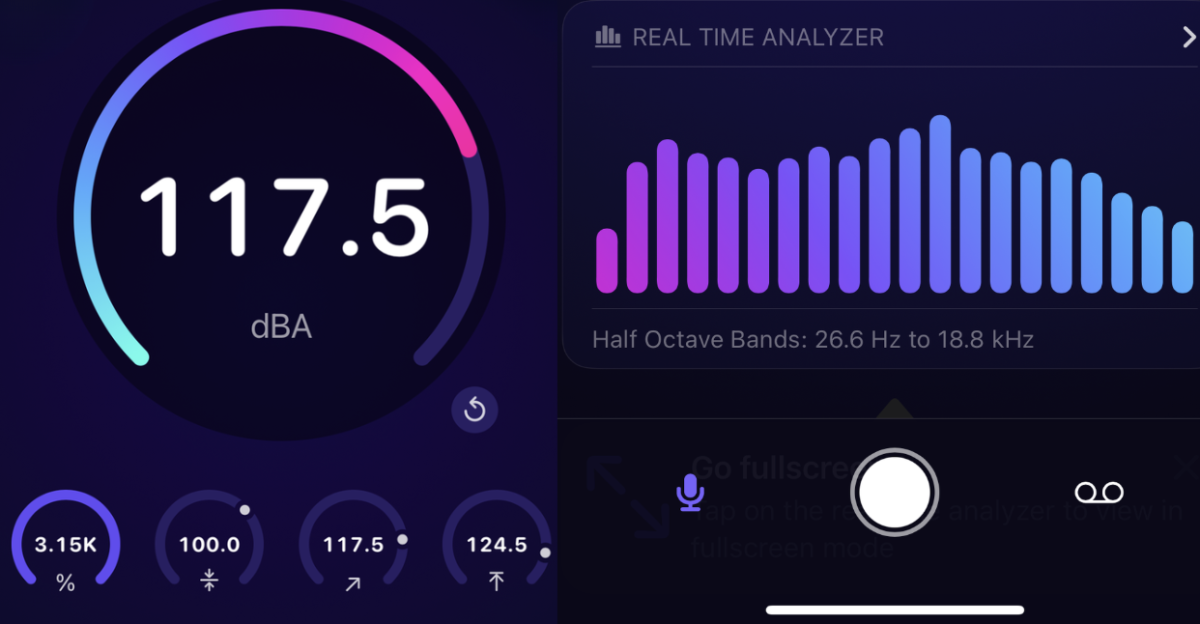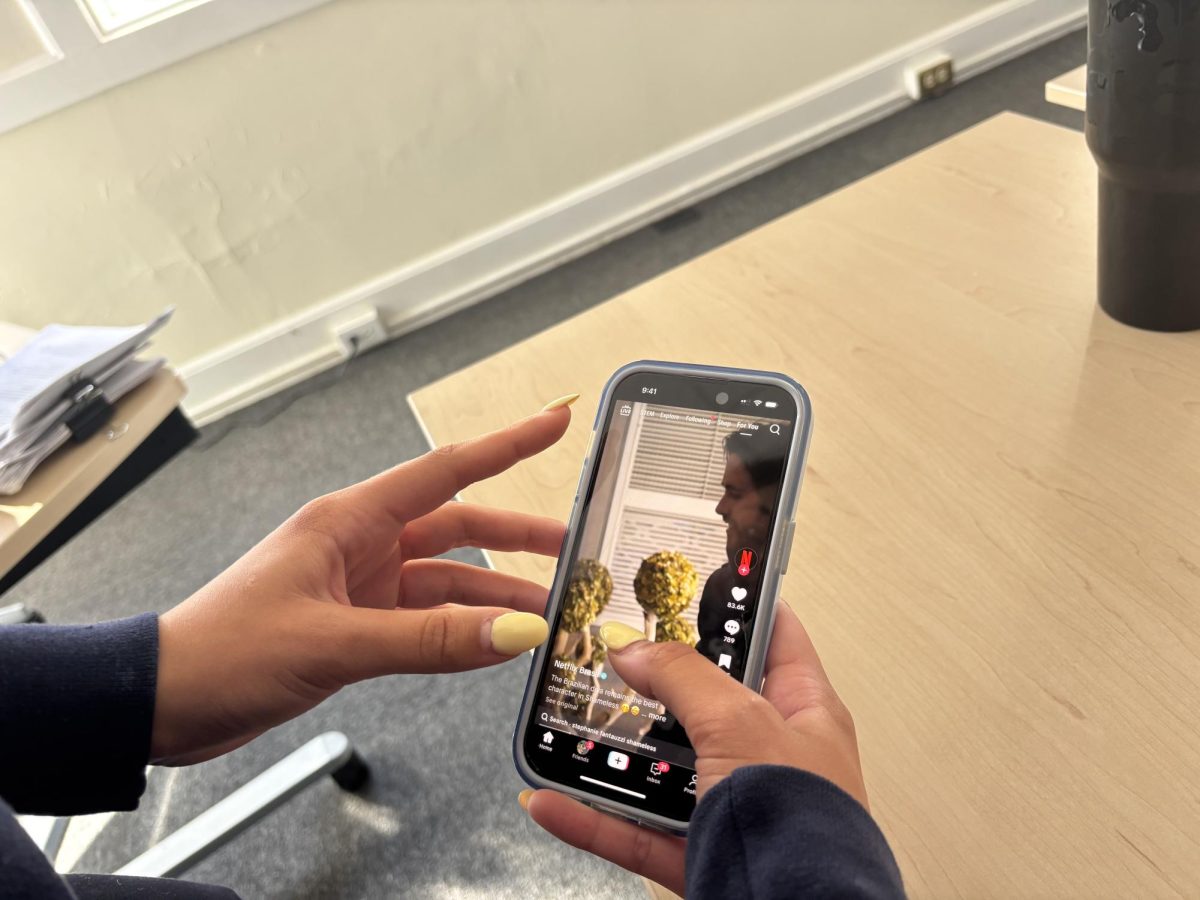Censorship in student journalism limits a reporter’s ability to partake in meaningful conversations and speak openly about challenging topics. This issue makes initiatives such as Scholastic Journalism Week even more critical, as it reminds students of how essential it is to keep communities informed and reinforces the idea that journalism serves as a powerful voice for students to report information accurately.
Student journalists should have the freedom and responsibility to write about issues and act as a platform for voicing uncomfortable but necessary topics. When censorship is introduced, it can restrict reporters and prevent meaningful conversations from occurring. It undermines the purpose of journalism, which is to speak about problems and drive social changes.
Head of School, Meredith Essalat, said, “We need journalists who are going to represent the truth. They are going to ask the difficult questions. They’re going to amplify ways in which we as a society are not being our best, most empathetic selves.”
A reason why schools may be afraid to allow complete freedom lies in the concern of potential backlash and wanting to avoid controversial conflicts to maintain a particular image. This approach can significantly restrict the ability of student journalists and stop important information from gaining acknowledgment. Rather than creating a safe environment, censorship produces a place limiting the growth and understanding of members within a school community.
Essalat states, “I think that transparency is really important, but I think that for some administrators, it just might feel a little bit too scary, a little bit too free-wheeling.”
Journalists should be empowered to voice issues without the feeling that their opinions are being suppressed or censored. Scholastic Journalism Week serves as a powerful reminder to students of the importance of freedom of the press and the necessity of having unfiltered reporting.


